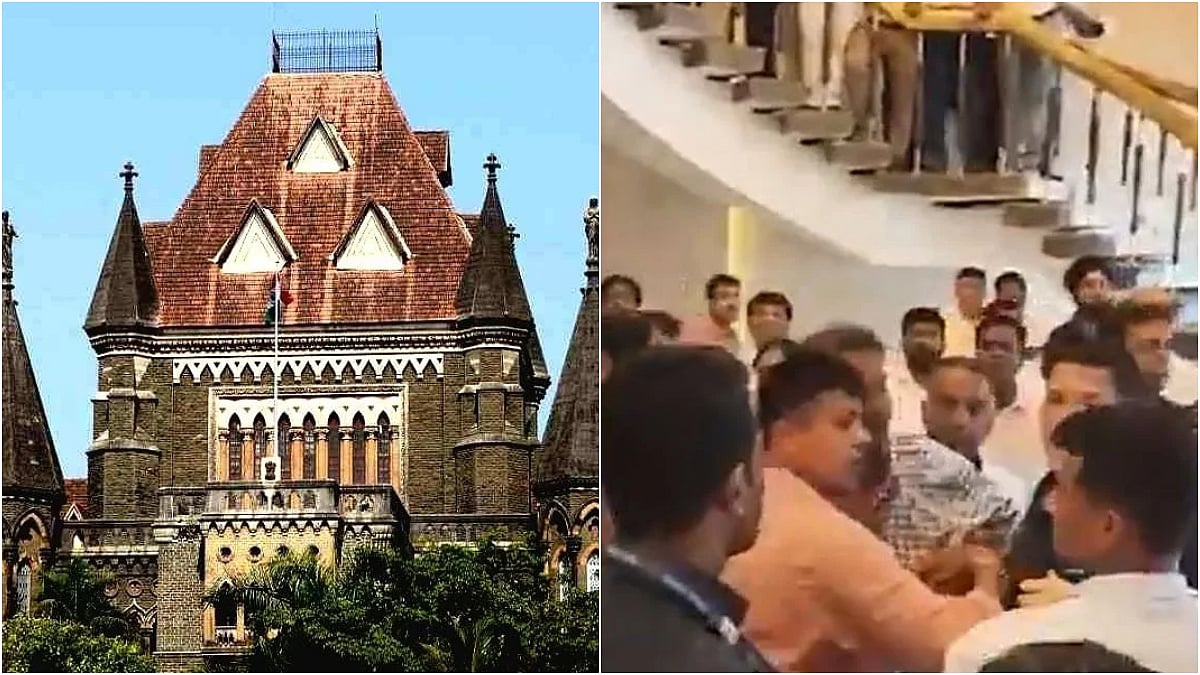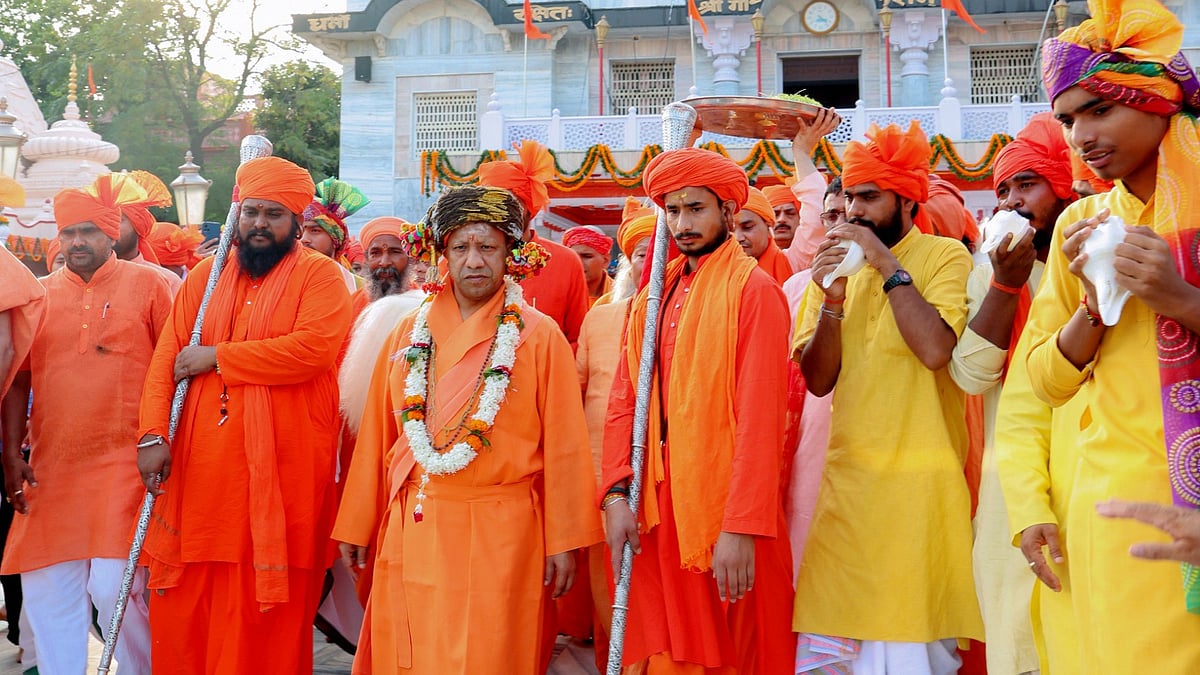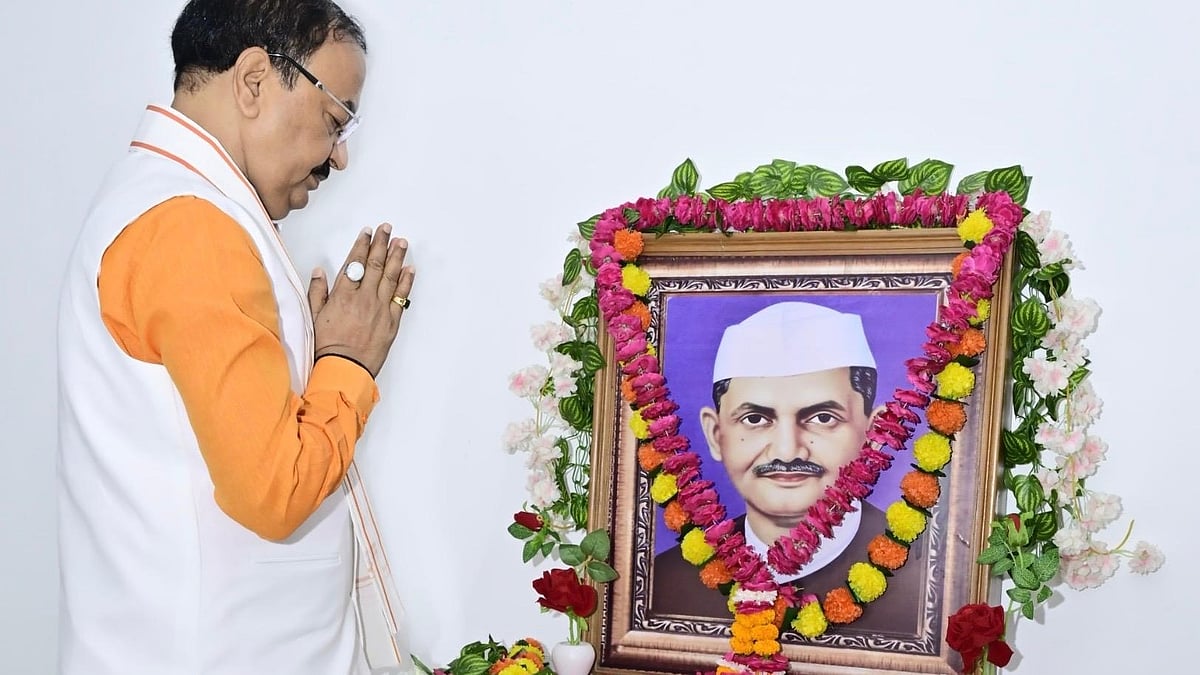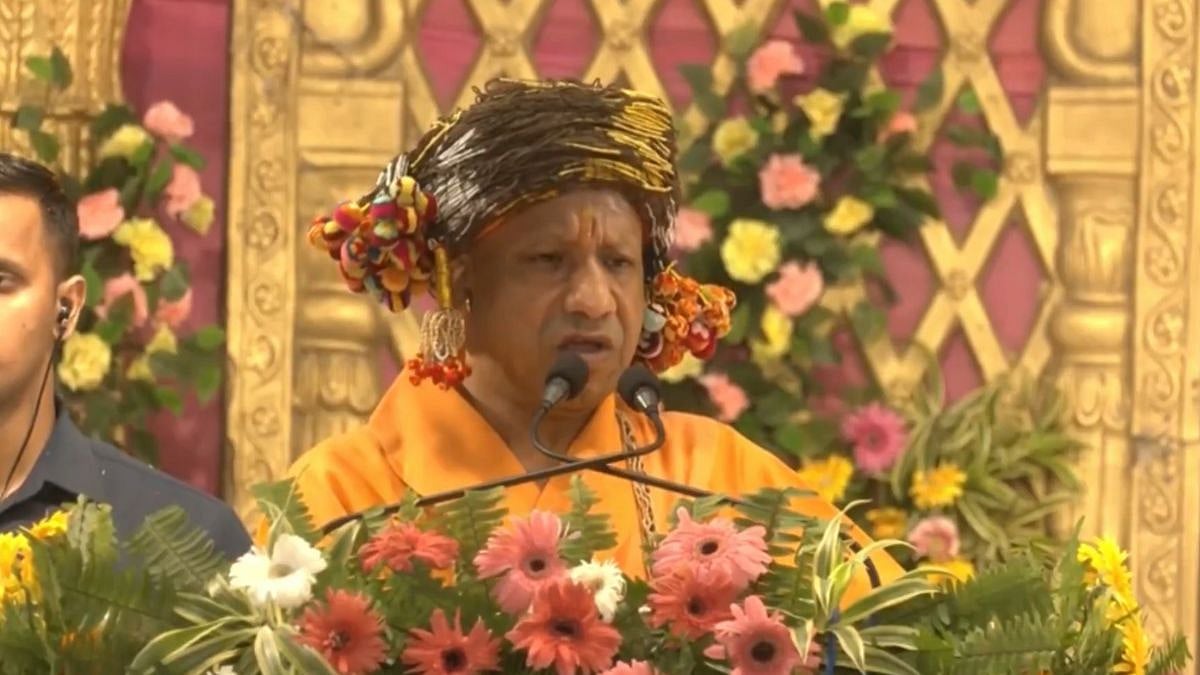The controversial Citizenship (Amendment) Bill 2019, which seeks to give Indian citizenship to non-Muslim refugees from Pakistan, Bangladesh and Afghanistan, was passed in the Lok Sabha on Monday midnight though it was vehemently opposed by the major opposition parties which described it as "anti-Muslim".
However, the government rejected the opposition's claims, saying the Bill does not affect the Muslim community residing in the country. The draft legislation was passed after division of votes with 311 in its favour and 80 against it, following a marathon debate which continued till 12.06 a.m. on Tuesday after beginning at about 4 p.m. on Monday. A total of 48 Parliamentarians took part in the debate.

But though the Citizenship (Amendment) Bill 2019 was passed in Lok Sabha, still there are some legal provisions around which debates about the Bill revolve:
Article 14:
While the Citizenship (Amendment) Bill 2019 seeks to give Indian citizenship to non-Muslim refugees from Pakistan, Bangladesh and Afghanistan. But, Article 14 of the Constitution says that, "the State shall not deny to any person equality before the law or the equal protection of the laws within the territory of India Prohibition of discrimination on grounds of religion, race, caste, sex or place of birth."
Which means that this right is applicable to Indian nationals as well as foreigners, totally opposite to what the argument made in Citizenship (Amendment) Bill 2019.
Reasonable classification:
According to First Post, the Supreme Court in Charanjit Lal Chowdhury vs Union of India held that the law would not fall foul of the equality principle in dealing in a similar way to "all of a certain class", but such a classification should never be "arbitrary." Hence, it is debatable that the Bill makes an an arbitrary classification based on religion. There are some Muslim sects which face persecution in Pakistan, Afghanistan and Bangladesh.
Passport Act and Foreigners Act:
Citizenship (Amendment) Bill 2019 is not the first time when government did someting to protect minorities from neighbouring countries.
In 2015, government changed Passport and Foreigners acts to allow non-Muslim refugees from Bangladesh and Pakistan to stay in India even if they had or hadn’t entered the country with valid papers prior to December 31, 2014.
Assam Accord:
The Assam Accord was a Memorandum of Settlement (MoS) signed between representatives of the Government of India and the leaders of the Assam Movement in New Delhi on 15 August 1985. A six-year agitation demanding identification and deportation of illegal foreign (Bangladeshi) immigrants was launched by the All Assam Students’ Union (AASU) in 1979. It culminated with the signing of the Assam Accord.
According to First Post, as per the Accord, it was decided that immigrants who came to Assam before 1 January, 1966, would be given citizenship.









